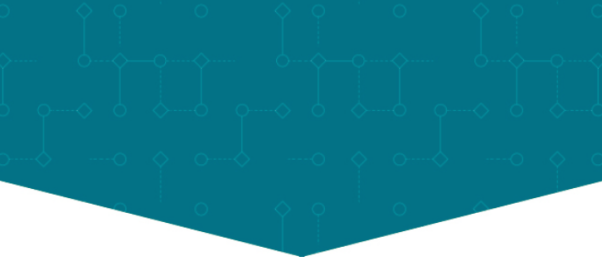It’s hard to argue that health isn’t essential to a good and productive life. When we’re sick, it’s difficult if not impossible to work. Managing an illness or health condition can be a full-time job, or it can be so stressful and difficult that it leads to other maladies. Moreover, the costs of medical care can create a financial strain on our families.
A glimpse of health outcomes on a global scale points to confounding disparities between developed and less developed countries. Every day, 830 mothers die from preventable pregnancy and childbirth complications, and 99% of these maternal deaths occur in developing countries. A whopping 214 million women of reproductive age in developing regions have unmet need for family planning services. The growing burden of non-communicable diseases in developing countries puts pressure on fragile health systems, which suffer from shortages of skilled health workers. And in many of the same countries, there is a disproportionate prevalence of infectious diseases like tuberculosis, malaria, and HIV/AIDS as well as emergency pandemics like Zika and Ebola.
Among the roadblocks to positive global health outcomes, human behavior stands out as an area where we can and should do more. We’re not the only ones who believe this: over the next five years, we will join two initiatives set in motion by the U.S. Agency for International Development (USAID)’s flagship investment in social and behavior change. Breakthrough ACTION, led by Johns Hopkins Center for Communication Programs, and Breakthrough RESEARCH, led by the Population Council, are five-year cooperative agreements that aim to prompt healthy behaviors across the globe.
We’ve seen firsthand what behavioral science can do for global health. We know that innovations in medical technologies and practices are only effective if they are adopted widely. Medications for chronic illnesses only work when people adhere to regimens. Taking preventative measures to safeguard health – like using insecticide treated bed nets or condoms – seems like a no-brainer, yet not everyone takes these measures. We tackle these challenges head on. For example, we’ve taken a different approach to reducing unmet need for family planning by examining provider behavior and intrinsic motivation. And in South Africa we used gamification to address misperceptions of HIV risks. In Breakthrough ACTION and Breakthrough RESEARCH, we will take insights from our previous work to develop targeted solutions through a scientific approach to user-centered design and integrate our approach with our new partners’ expertise to surface new solutions for improving health behaviors. The combined expertise of our consortia of partners will bring a robust toolkit for solving complex, multidimensional global health challenges.
There has been great progress in health outcomes over recent years—for example, a decrease in unmet family planning need from 225 million women to 214 million women in 2017 and a 43% reduction in maternal mortality since 1990. But there is still much work to be done to ensure that all people can live the healthier lives they want. The wide-ranging and far-reaching global health disparities that exist signal an urgent need to push past the boundaries of what’s been done. These significant investments in social and behavior change, along with the new partnerships formed, may be the breakthrough that the global health sector needs to push past the impasse and reach those most in need.



